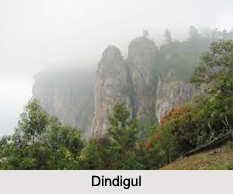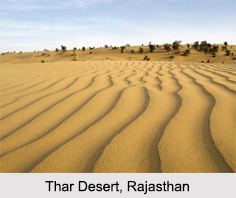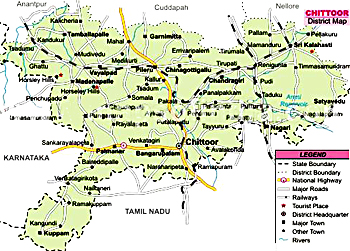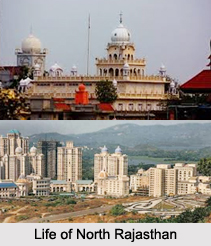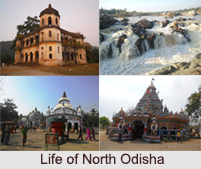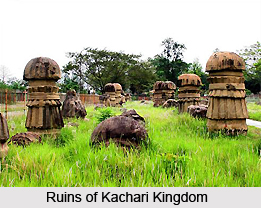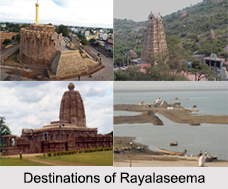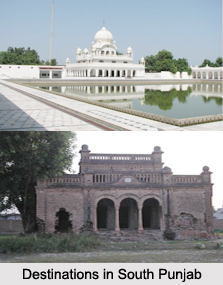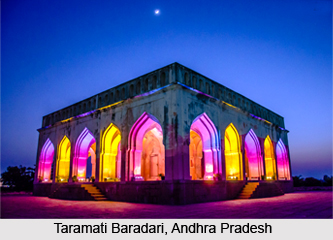 Taramati Baradari is a spectacular historical monument in Andhra Pradesh, whose design has been inspired by the designs of Ibrahim Bagh, which is a Persian garden or `sarai`. This garden was constructed during the rule of Ibrahim Quli Qutub Shah, who was the second Sultan of Golconda. This monument was constructed on the summit of a hill, to ensure that population of the city would not interfere with the music, that was played or the sound of the songs which used to be sung inside the Baradari.
Taramati Baradari is a spectacular historical monument in Andhra Pradesh, whose design has been inspired by the designs of Ibrahim Bagh, which is a Persian garden or `sarai`. This garden was constructed during the rule of Ibrahim Quli Qutub Shah, who was the second Sultan of Golconda. This monument was constructed on the summit of a hill, to ensure that population of the city would not interfere with the music, that was played or the sound of the songs which used to be sung inside the Baradari.
History of Taramati Baradari
The Taramati Baradari was created on the river banks of Musi and presently, this garden is located within Hyderabad in the Southern Indian state of Andhra Pradesh. The garden is termed Taramati after the renowned courtesan Taramati, who was one of the favourite courtesans of Abdullah Qutb Shah, the seventh Sultan of Golconda, as per the records of the tourism department.
Folklore of Taramati Baradari
There are several legendary tales which are associated with Taramati Baradari, as per the records of the tourism department. This historical locale is promoted by circulating certain accounts of romantic stories between the Sultan and his courtesan, Taramati. It is said that when Abdullah Qutb Shah ruled this region, he was enchanted by Taramati`s voice, which floated to his chambers in Golconda Fort. Taramati used to entertain the travellers who visited the sarai, through her songs and her melodious voice.
According to yet another fable, Taramati and Premamati were two attractive sisters, who performed dances on tightropes which were tied between two points, linking the royal balcony of Abdullah Qutb Shah and the pavilion of the two sisters. The grave of Qutb Shah is present at a distance of about half a mile from this fort, surrounded by a series of royal tombs. This burial ground contains the tombs of the other Qutb Shahi kings and their queens. In order to honour the beautiful sisters named Premamati and Taramati, they were buried in this royal cemetery, which belonged to the Qutb Shahi rulers.
Conservation of Taramati Baradari
Taramati Baradari possesses 12 doorways and was built in order to permit cross ventilation. This was an intelligent technique which facilitated natural air conditioning in those days. Other interesting facilities offered by this monument include an air-conditioned theatre which boasts of a remarkable capacity of managing a footfall of 500 people, a multi cuisine restaurant, a banquet hall with a capacity of about 250 people and an open-air auditorium which is capable of holding as many as 1600 people.
The acoustics of this monument is perfect, and is similar to another palace which is situated in Afghanistan. Taramati Baradari is an excellent historical depiction of dance and music, since it was once inhabited by Taramati, who is believed to have been a passionate lover of music and dance.







